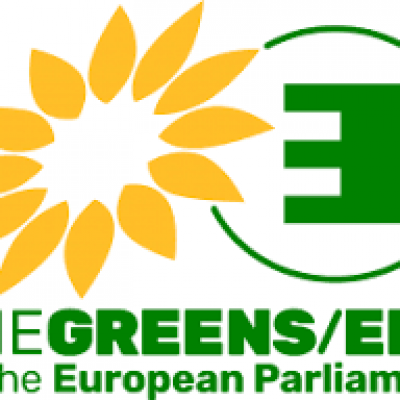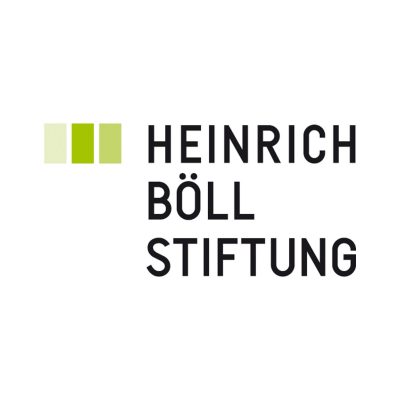The European Union is at a crossroads. It will take enthusiasm, dedication and a clear vision to put it on the path of sustainability and prosperity. This collection of articles looks at the ambitions, expectations and plans of the newly elected Green Members of the European Parliament and highlights the various aspects of the Green transformation they will be working on during the next five years. The publication is produced by the Green European Foundation in cooperation with the Greens/EFA Group in the European Parliament and the Heinrich Böll Foundation European Union.

Back in 2009, when the Green European Foundation and the Heinrich Böll Foundation gathered, for the first time, the ambitions of newly elected Green Members of the European Parliament (MEPs) in a yearbook, the European Union was a different type of affair. The effects of the financial and economic crises were not yet in full swing, austerity measures had not yet become the buzz-word of the political agenda, and the climate summit in Copenhagen was still preserving the hope that the European Union would deliver on its promises to be the world’s climate champion. Although clouds were on the horizon, the general mood in European circles was still very much business as usual.
Five years later, we are faced with a different scenario. The effects of the economic and financial crises, as well as the social impact of the austerity-driven response to these crises, had raised existential questions about the future of the European Union. Euro-scepticism reached unprecedented levels, and parties campaigning on explicitly anti-European platforms made gains across the Union. Citizens’ movements reacting to austerity measures imposed by “Brussels” made clear the popular disenchantment with a political establishment that seemed keener on bailing out banks than safeguarding jobs and welfare. There were times as recent as two years ago when the European Union seemed to be facing “make it or break it” types of challenges.
Even though this urgency has passed for now, the crisis is far from over. This is the background in which the newly-elected Green MEPs will be working over the next years.
New challenges, new voices
In a context where anti-European debates are likely to be placed in the spot-light, the challenge for the new Green Group will be to articulate their criticisms to the various EU policy approaches that venture off the paths of sustainability, equity, democracy and respect for fundamental rights, while keeping an overall pro-European narrative. Among this new Green group, there are many new, first-time parliamentarians. They will need dedication, imagination and an understanding of the need to reach out to civil society and grassroots movements to come up with successful policy approaches to the difficult tasks ahead: setting ambitious climate targets; tackling energy security and energy poverty; bringing prosperity back to the EU; ensuring a humane migration policy, and responding to new geopolitical realities.
The articles that make up this collection detail the new MEPs’ ambitions, expectations and analyses of the opportunities and challenges lying ahead in their specific policy fields. The articles discuss both the visions of the EU that they are bringing to Brussels, by reflecting on the messages picked up during the elections’ campaigns, as well as how these visions translate in a Green working project in the European Parliament. The contributions describe the biggest challenges for the upcoming years on topics such as greening the economy, transforming energy policy, building a democratic EU, creating a human-rights based migration policy, positioning the EU as a strong and fair global player in areas of trade, agriculture, foreign affairs – to mention but a few. Finally, the authors reflect on their ambitions from the various policies they’ll be focusing on and note their expectations for their parliamentary mandate.
Read articles in other languages
Parts of the articles are available also in the respective native languages of the authors: Catalan, Croatian, Hungarian, Swedish and Spanish.



